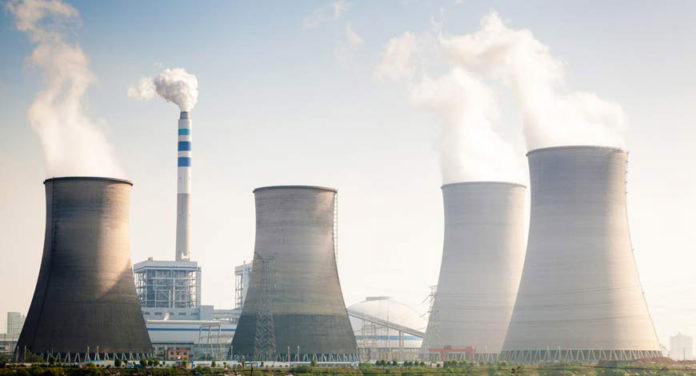New Delhi (NVI): The global nuclear power generation fell by approximately 3 per cent in the first quarter of 2020 as compared with last year’s growth, due to the lockdowns imposed in the wake of Covid-19 outbreak, according to a recent
report by the International Energy Agency (IEA).
The reduction in demand of electricity amid the lockdown situation led to a reduction in output. As per the IEA report, nuclear power has also not been immune to the impacts of the Covid‑19 crisis, apart from conventional sources of energy due to a drastic decline in global demand.
Based on the estimates for the year 2020, due to lower demand and delay in planned maintenance and construction of various projects, nuclear power has declined by nearly 2.5 per cent from 2019.
However, if recovery from the crisis can be faster, the demand for electricity will rise, leading to a reduction in nuclear power in 2020 of just over 1 per cent, the reports said.
In addition to lower demands of electricity, permanent closures of a few nuclear facilities, were also a factor for the plunge in nuclear power growth.
Since the first quarter (Q1) of 2019, six new reactors have come online globally, with a total power capacity of 5.5 GW, but this was only equivalent to half of the nuclear capacity that was permanently shut down over the same period.
Notably, the European Union had the largest reduction in 2020, especially in France, where nuclear power generation was down by around 10 per cent in 2020.
Lower demand led to nuclear output reductions in several countries. Meanwhile, closure of nuclear power plants also led to reductions.
However, China was one of the few regions with nuclear power growth, with a 1% increase in output between Q1 2019 and Q1 2020, according to the IEA report. A pair of large nuclear reactors came online in China in June 2019. Operations at these additional facilities more than compensated for the impact of depressed electricity demand.
According to IEA, this decline would be the largest not associated with a natural disaster, and 40 per cent as large as the reduction in 2011 following the accident at Fukushima Daiichi.
In addition to this, the completion of several projects is likely to be pushed by a few months to 2021, including two reactors in China and one in Finland, where a delay has already been announced.
Other construction delays are likely for projects in France, the United Kingdom and the United States.






